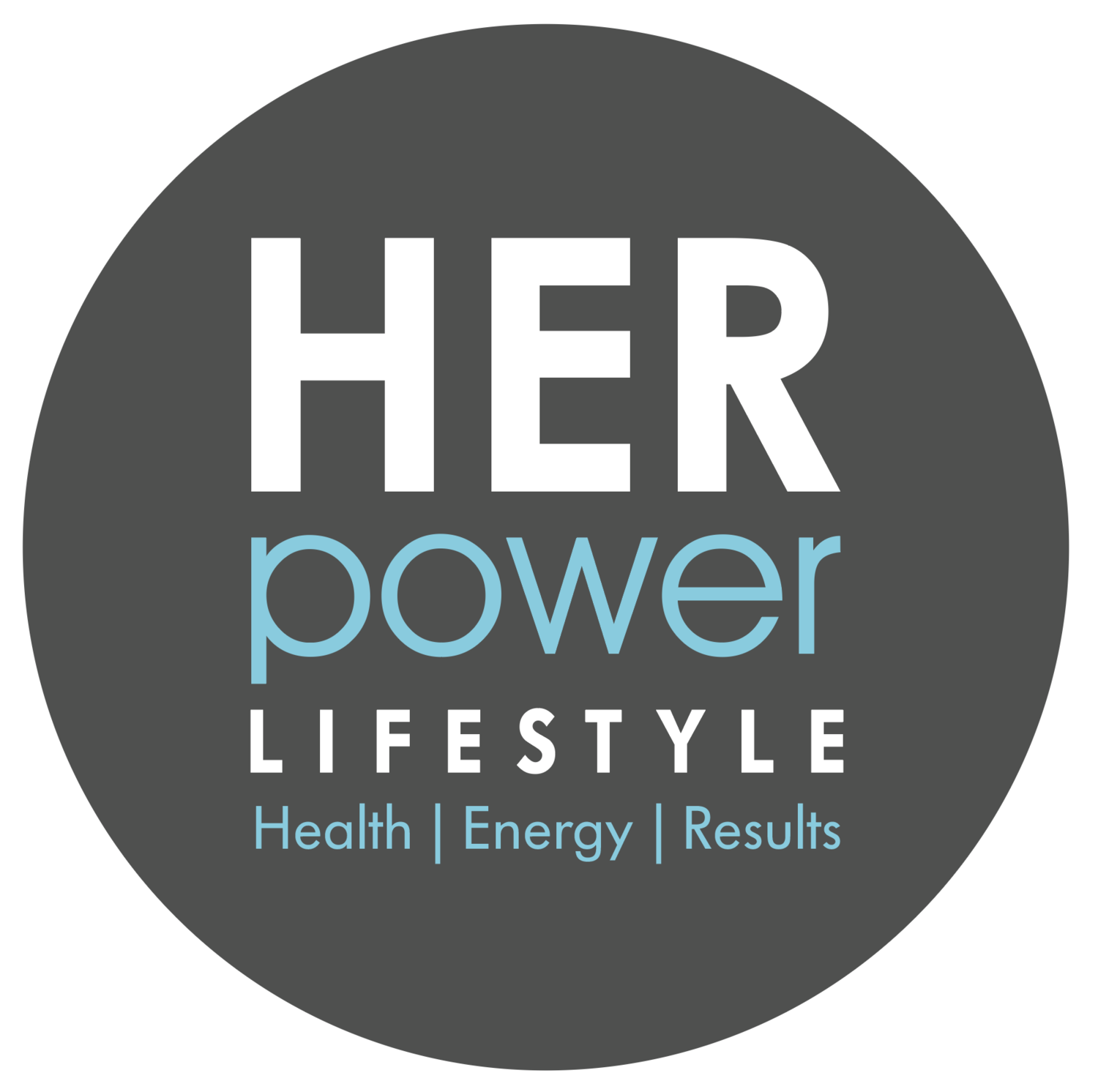LET FAT BE YOUR FRIEND
For decades the medical and diet industry convinced us that we should follow a low-fat diet and avoid foods containing fat. We were led to believe that consuming fat was bad for our hearts and waistline. However, we now know that consuming healthy fats can support our overall health by improving brain and heart function, improve our skin and contribute to healthy hormone production and balance.
Fat is one of the most misunderstood nutrients. Not all dietary fat is created equal and consuming “good” fats is necessary for optimal health. Women in particular need to have fat in their diet for hormonal balance. If you don’t consume enough fat, you won't have enough of the materials to make what your body requires to produce and control hormones. When we cut all fat from our diet, we decrease our production of estrogen and progesterone.
Estrogen deficiency can cause symptoms such as night sweats, insomnia, brain fog, fatigue and mood swings. Low progesterone can lead to symptoms such as infertility, weight gain, headaches or migraines, mood swings, irregular menstrual cycles and fibroids. If our bodies are not properly producing one or two hormones, it affects all other hormones. Hormones are responsible for our mood, metabolism and a healthy sleep cycle.
It’s all about balance. Hormonal issues can also occur when there is too much fat, particularly saturated fat. If the liver is clogged with too much fat, it will have a hard time breaking down estrogen in the body. This estrogen recirculates leading to estrogen excess. Saturated fats come mainly from animal products such as coconut oil, dairy and meat. Diets high in saturated fat can lead to health issues such as high cholesterol levels and heart disease. Trans fats can also promote insulin resistance and the storage of belly fat.
That being said coconut oil has more recently been shown to have health benefits. Coconut oil contains medium-chain triglycerides (MCTs). MCTS are taken up directly by the liver for immediate use as energy and can encourage your body to burn fat. They also raise your HDL, the good cholesterol and lower your risk of heart disease.
Not only do we need fat to produce hormones such as estrogen and progesterone, consuming dietary fat also triggers the release of hormones that help us feel full. Fat turns on our fat-burning switch by reducing ghrelin levels. Ghrelin is the hormone that increases appetite and consuming healthy fats can decrease ghrelin levels. In addition, if you consume protein with healthy fat you improve leptin levels. Leptin is our satiety hormone that reduces appetite and makes you feel full. Leptin sends a signal to the brain that the body has enough energy stores.
We also need dietary fat and protein to produce serotonin. Serotonin helps regulate mood. When serotonin levels are low, we crave carbohydrates. Consuming carbohydrates causes a spike in insulin levels which triggers a quick release of serotonin. This can lead to a cycle of cravings, energy crashes and mood swings. By consuming fat along with protein, we regulate insulin release levels which controls cravings and provides a steady level of energy and mood regulation.
Additionally, we need to consume good dietary fat for skin health, energy & athletic performance and to promote the absorption of fat-soluble vitamins found in many plants such as K,D,A and E. The absorption of these vitamins is key for optimal health. They are necessary for immune function, blood health, cell production, eye, hair, skin, bone & reproductive health. We also need these vitamins to provide antioxidant protection and to prevent oxidative stress.
Individuals that follow low-fat diets tend reduce their intake of protein and fat. This forces the body to get its vital nutrients by breaking down muscle. Additionally, a diet high in carbohydrate consumption, can cause prolonged high insulin levels that contribute to heart disease and other health problems. Following a diet with a healthy balance of protein, healthy fats and carbohydrates is key to overall health, metabolism, appetite control & hormonal balance.
Stop fearing fat and include nuts, seeds, extra virgin olive oil, fatty fish, eggs, MCTS and avocado into your daily nutrition. Your hormones will thank you.
Consuming adequate dietary fat is a large component of my program and practice with my clients. I know this is counterintuitive for many, and many of my clients question me in the beginning. They are always pleasantly surprised when they realize that by adjusting macro ratios to include more fat is the secret sauce to burning fat and hormonal health, including energy, better sleep and fewer hormonal symptoms, particularly for those suffering with peri-menopause and menopause symptoms.
